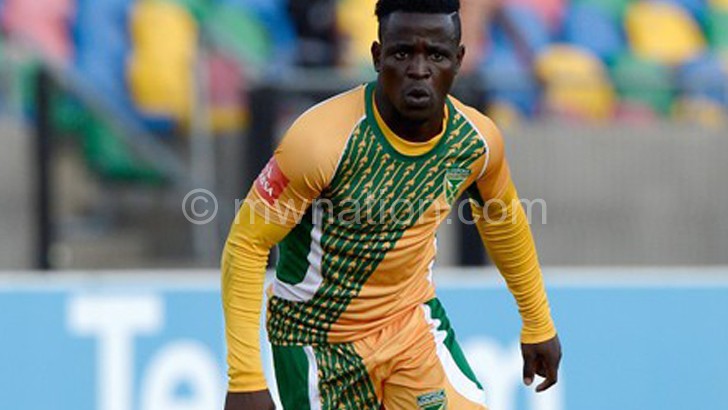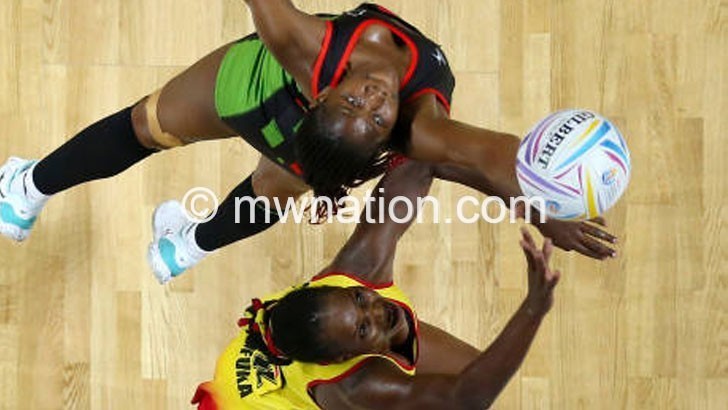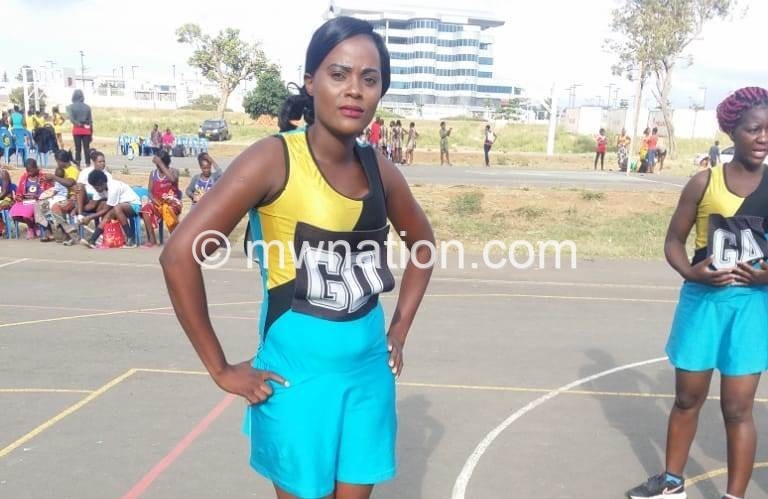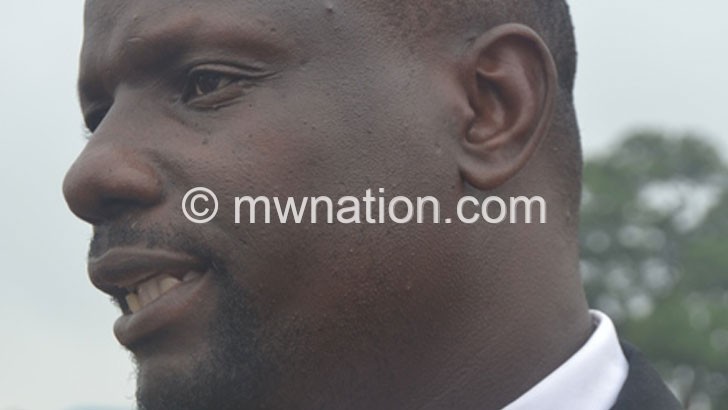Juggling sports and education
South Africa-based professional boxer Isaac Chilemba and footballer Frank ‘Gabadinho’ Mhango’s sentiments about their education background a few days ago have sparked debate on whether studies are important to athletes.
Chilemba, the former World Boxing Council (WBC) international light heavyweight champion, said on MBC Xclusive programme that he dropped out of school in Form One while Gabadinho wrote on his Facebook page that he made a choice of concentrating on his football career because he realised he could not succeed in studies.
Gabadinho, who plays for South Africa Premier Soccer League (PSL) side Bidvest Wits, wrote: “I was born in the northern part of Malawi in Rumphi. Life was not easy but my parents tried hard to provide the basic needs. I did not go far with education and I did not dream of tasting city life.

“I came to the city because of football and I tried hard to complete school but things did not work. After sometime, I chose to focus on my capability and God opened a door of success for me. My point is, put all your effort in what you believe you are good at and go for it! Do your best and God will do the rest.”
Despite not completing their secondary school studies, Chilemba and Gabadinho earn good money through their respective careers and are doing better than average Malawians, including employed university graduates.
Gabadinho, who made headlines in 2013 after he failed Junior Certificate (JC) examinations, reportedly earns over R50 000 (over K2 million) monthly salary which excludes other benefits such as signing-on fees and game bonus.
It is probably such good earnings that make some people believe there is no need for athletes like him to concentrate on studies when they can make good monies through their talents.
Soccer administrator Owen Chomanika, who owns Southern Region Football Association (SRFA) Premier League side Chikwawa United, argued athletes do not need education to go far in their careers, but rather a robust professional set-up.
“I listened to Isaac Chilemba on MBC Xclusive. I couldn’t believe he is a Form One drop-out. He has a great grasp of his sport and holds a vision and discipline. His sentiments were very amazing. The guy is a champion and has mastery of what he does,” he said.
“It made me think how we are ransacking the soccer game in Malawi by thinking wrongly about our players. They do not need education to go far [in their career]. These boys need a robust professional set-up…see Chilemba, see Gaba. What value will Malawi School Certificate of Education [MSCE] add to them?”
Chomanika said Chilemba understands his game because he is in a professional set-up.
“Imagine how many Chilembas have we lost? How many soccer exports have we killed because of our being archaic and rudimentary? We must change for sure,” he said.
But Sipho Malewa, of online publication Nyasa Showbiz Sport, argued that, for now in Malawi, due to poor football standards, players should be encouraged to also go to school.
“According to my statistics, Malawi exports less than five proffessionals in five years and we do not have enough professionals that can make a team of 11 players,” he said.
“Much as I know football skills do not require one to have a diploma or degree, it is time we tell our athletes that they should know qualifications are also important. Italian former soccer star Fillipo Inzaghi is a qualified chattered accountant while Nigerian soccer legend Austin Jay-Jay Okocha is also a graduate; school is important no matter what.”
Nevertheless, Football Association of Malawi (FAM) transfer matching systems (TMS) and player transfer manager Casper Jangale said it is important for athletes to get basic education and be allowed to decide their future once they turn 18.
“In other systems, it is education that comes first. For minors, it is important to let them get basic education. Upon reaching the age of 18, they can decide what to do with their lives,” Jangale said.
In spite of that, a sports article by William McCoy titled ‘Why education is needed to become a professional footballer?’ on Work.chron.com, argues that education helps players make financial planning, investments, contracts, budgeting and various aspects of business, such as entrepreneurship.
The article states that because professional football players tend to make a lot more money than the average person and more than their parents made, knowing how to handle big pay-checks and all the baggage that comes with a football career is crucial.
Elsewhere, athletes, especially football players, fall into financial hardships if they do not have another viable career option and Malawi is no exception.
Sports Illustrated reported that 78 percent of ex-NFL players are bankrupt or in serious financial difficulties within two years of leaving NFL.





